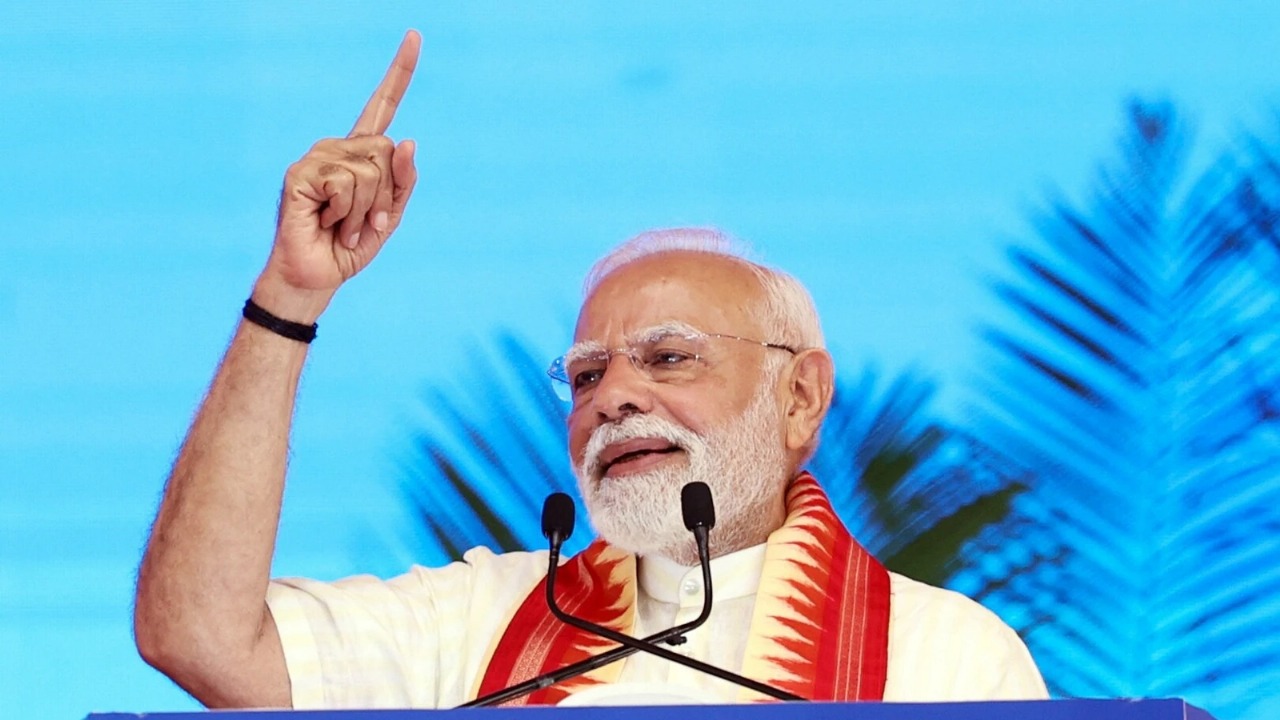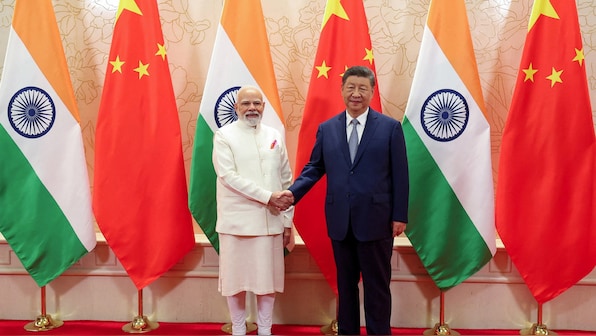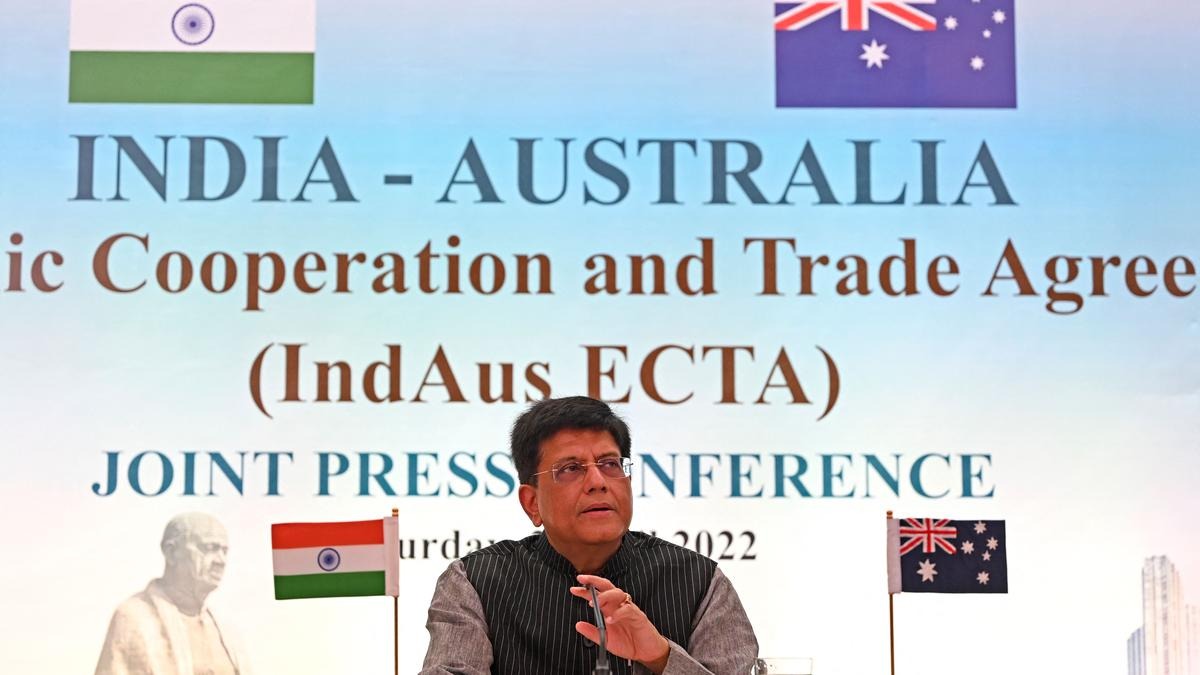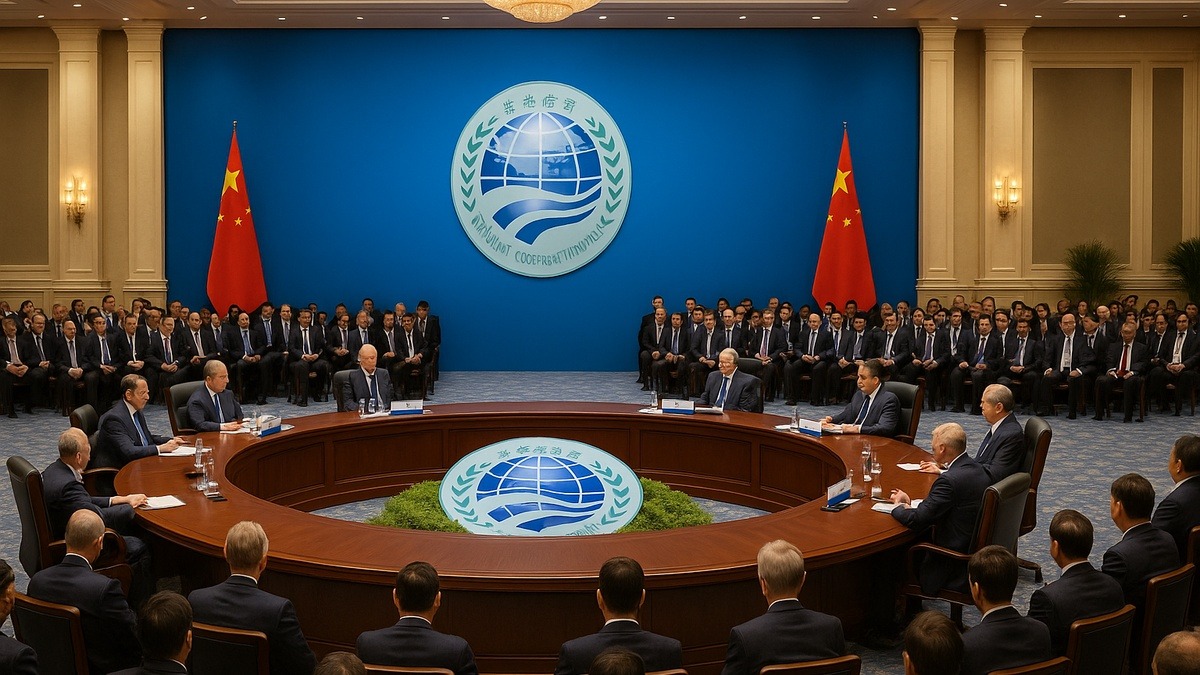
Follow WOWNEWS 24x7 on:

In his 125th episode of Mann Ki Baat, Prime Minister Narendra Modi called upon citizens to embrace the upcoming festive season with a renewed commitment to swadeshi values. As Ganesh Utsav celebrations unfold across the country and more festivals approach, Modi emphasized the importance of choosing locally made goods—from gifts and garments to decorations and lighting—as a way to strengthen the nation’s self-reliance and economic resilience.
The appeal comes amid global trade uncertainties and domestic efforts to boost consumption of Indian products. Modi’s message aligns with the broader vision of Atmanirbhar Bharat and the Vocal for Local campaign, both of which aim to position India as a manufacturing powerhouse and reduce dependence on imports.
Key Highlights From The Mann Ki Baat Address
- PM Modi urged citizens to choose Indian-made products for all festive needs
- The call includes gifts, attire, decor, lighting, and household items
- Swadeshi consumption is linked to the goals of Atmanirbhar Bharat and Developed India
- The Prime Minister encouraged people to say with pride that their purchases are swadeshi
- Cleanliness was also emphasized as a key part of joyful celebrations
Festivals As A Platform For Economic Nationalism
Modi’s address framed festivals not just as cultural events but as opportunities to support local artisans, manufacturers, and entrepreneurs. He encouraged citizens to be mindful of their purchasing decisions and to ensure that every item used during the celebrations reflects India’s craftsmanship and production capabilities.
This includes:
1. Choosing handwoven garments from Indian weavers
2. Buying gifts made by local artisans and small businesses
3. Using decorations crafted from indigenous materials
4. Opting for lighting and frills produced within India
5. Supporting regional food producers and traditional sweets vendors
The Prime Minister’s message is particularly relevant as India’s export sector faces pressure from global tariffs and supply chain disruptions. By boosting domestic demand through swadeshi consumption, the government aims to cushion local industries and create a more resilient economic base.
Cleanliness And Community Participation
Alongside the swadeshi appeal, Modi reiterated the importance of cleanliness during the festive season. He reminded citizens that the joy of celebrations is amplified when surroundings are clean and hygienic. This aligns with the Swachh Bharat mission and ongoing efforts to improve sanitation in urban and rural areas.
Modi’s remarks included:
- Encouragement to maintain clean homes, streets, and public spaces
- Acknowledgment of community volunteers and sanitation workers
- A call to integrate cleanliness into cultural rituals and gatherings
Linking Local Pride To National Progress
Modi’s message was not limited to consumer behavior. He positioned swadeshi choices as a pathway to national development, urging citizens to internalize the mantra of Vocal for Local and the goal of Atmanirbhar Bharat. The emphasis was on collective responsibility and pride in India’s production capabilities.
The Prime Minister stated that:
- Every swadeshi purchase contributes to job creation and economic growth
- Local industries gain strength when citizens prioritize Indian-made goods
- The spirit of self-reliance is essential for building a developed India by 2047
Festive Outlook: A Season Of Conscious Celebration
As India enters a period of vibrant festivities—from Ganesh Utsav to Navratri, Diwali, and beyond—Modi’s call for swadeshi-focussed celebrations offers a timely reminder of the power of everyday choices. By aligning cultural traditions with economic nationalism, citizens can play a direct role in shaping the country’s future.
Sources: UNI India, Fortune India, The Hindu BusinessLine, India Today




